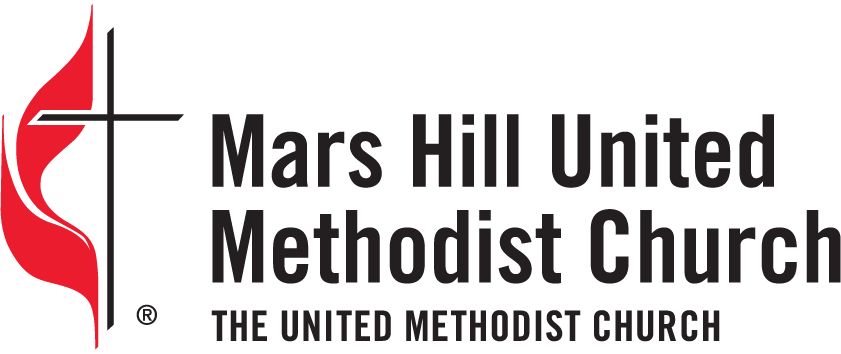🌏 Earth Day is April 22: Explore 10 Days to Make a Difference for People + Planet
“Let us love, not in word or speech, but in truth and action.”
Earth Day is April 22. Learn how you can make a difference for people and planet this week.
Join parents to advocate for opportunities for students to experience nature firsthand, including school gardens and field trips for a deeper immersion into the natural world. Invite your child to talk about the adventures and name them as part of the wonder of God’s gift and call to us to be good stewards.
Invest in the future, not the past. Your bank account, insurance, or stock portfolio may be supporting the fossil fuel industry. Find out what businesses benefit from your money. If they do not align with your values, divest. Change banks, insurance companies, or stockbrokers and tell them why. Money talks, and corporations listen.
Pipelines carrying oil and natural gas are notorious for the damage they can cause (8,000+ incidents since 1986). New pipelines perpetuate dependence on fossil fuels. Indigenous people are often on the frontlines protesting and drawing attention to the danger. Learn about the locations, expenses, environmental costs, and the justice issues related to each line. Speak up to stop the harm.
Spend your money where it makes a difference. Even small “investments” (such as purchases of organic food and items that are not plastic) count, as well as any other outlay of your money, time, or effort that contributes to a healthier planet and to justice for all who live here.
For the sake of a better future, tackle a big project, such as advocating for the school bus fleet to be electrified, or the roof of the school—or church—to host solar panels, or multiple trees to be added to the campus. Big projects take time and commitment, but they have big dividends for the future and bring multiple opportunities to talk about caring for Creation.
Not by choice, 68% of Black Americans live within thirty miles of a coal-fired power plant. As a frontline community, they suffer greater ill health and shorter life expectancy as well as lower property values and fewer economic resources because of the predatory practices of the fossil fuel industry. Write or call your legislators to support renewable and non-polluting energy sources.
Whatever you do to care for God’s Creation and for justice is important and needed. But changing big systems is also crucial. Voting season is upon us. Vet your candidates for their commitments to addressing climate-change-related issues—especially justice for those most adversely affected.
When you are spring cleaning and realize you no longer need something, resist the temptation just to toss! Instead, take the time to find a place to donate. Your efforts avoid adding to landfills and to the resulting air, water, and land pollution and to the injustice suffered by people close to the landfill.
Put responsibility where it belongs. Some environmental actions are the obligation of us as individuals. Others are the onus of corporations, businesses, and governments. All of us are accountable for our actions and non-actions for the areas for which we have responsibility. Know the Top Twelve Actions for everyone.
When you talk to friends or family about climate-related issues, focus on solutions more than problems. Share what you are already doing and encourage your family and friends to do at least one more thing themselves for the planet and for justice.
